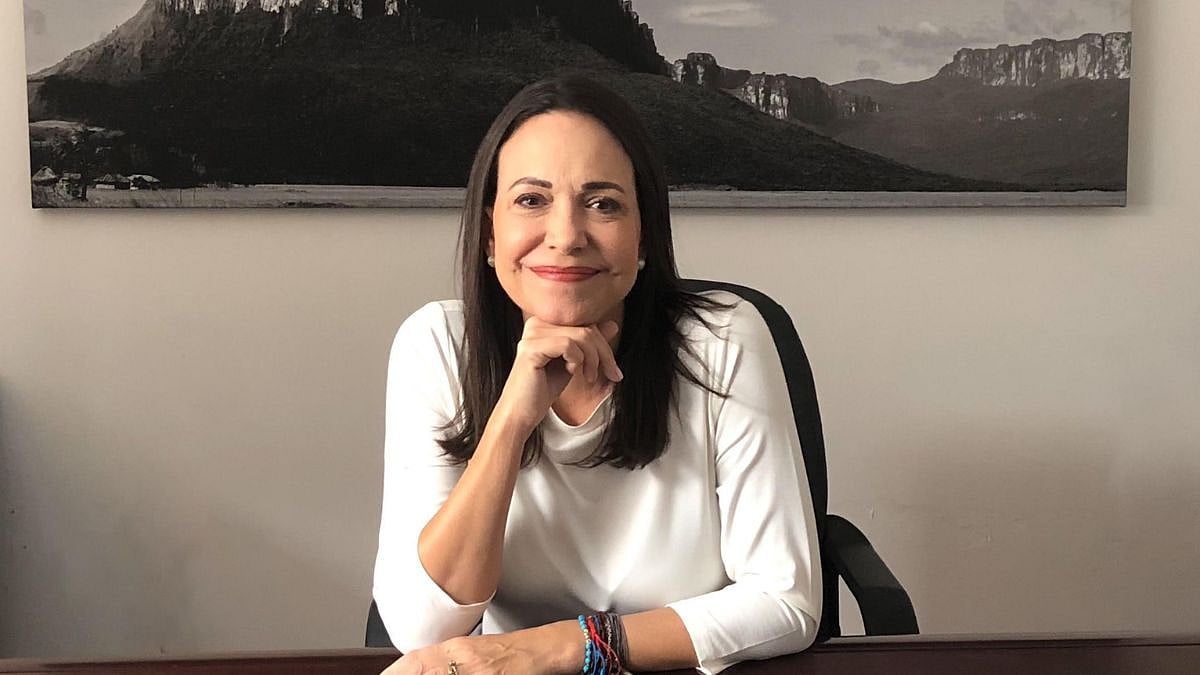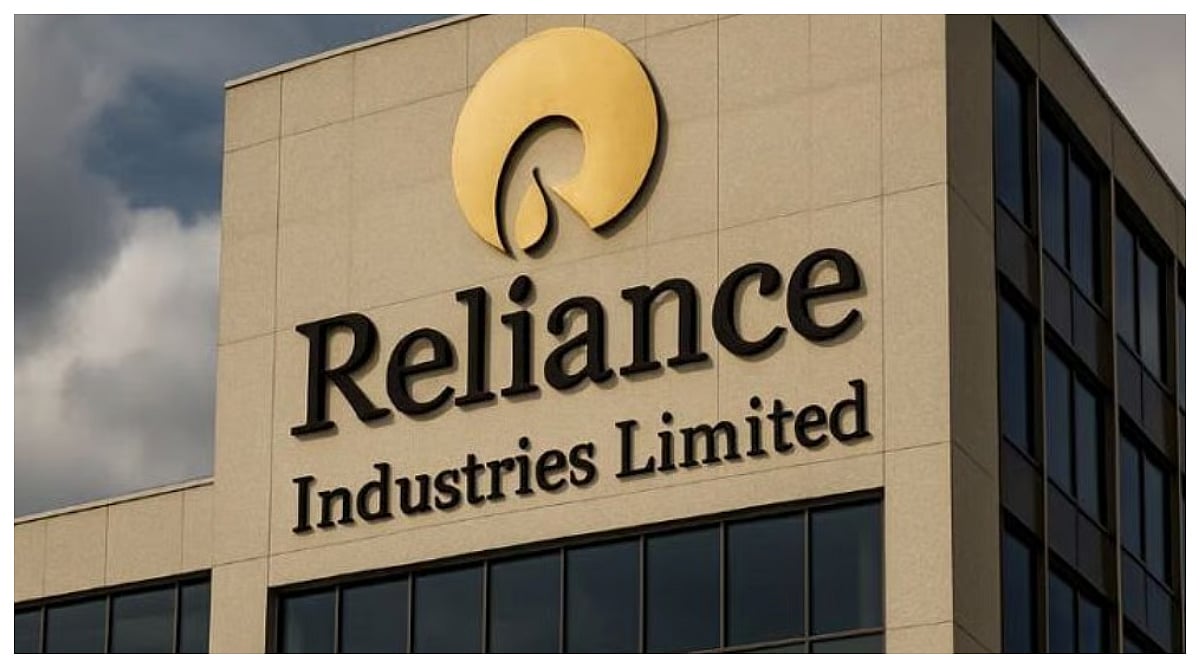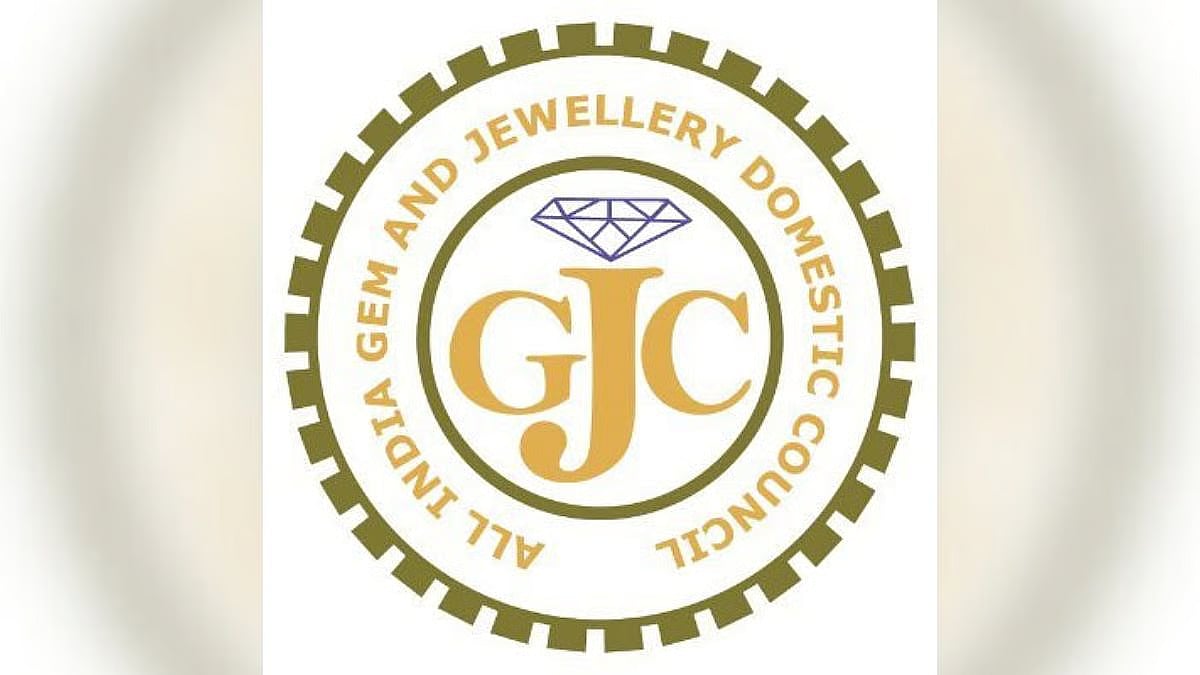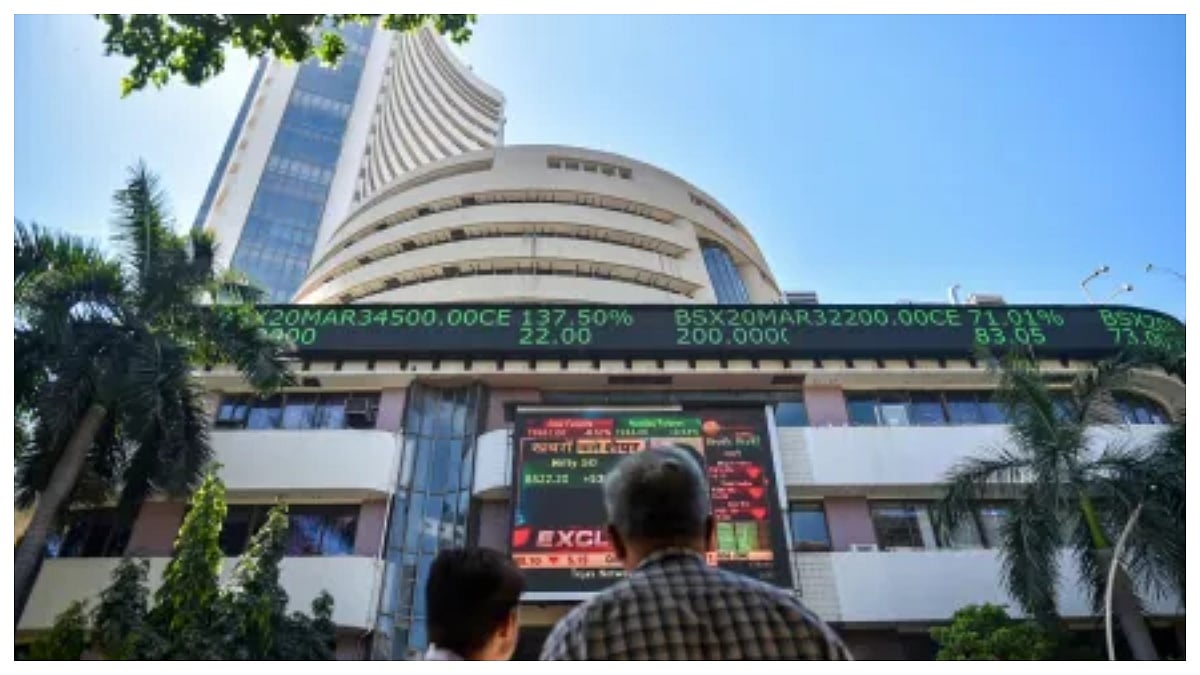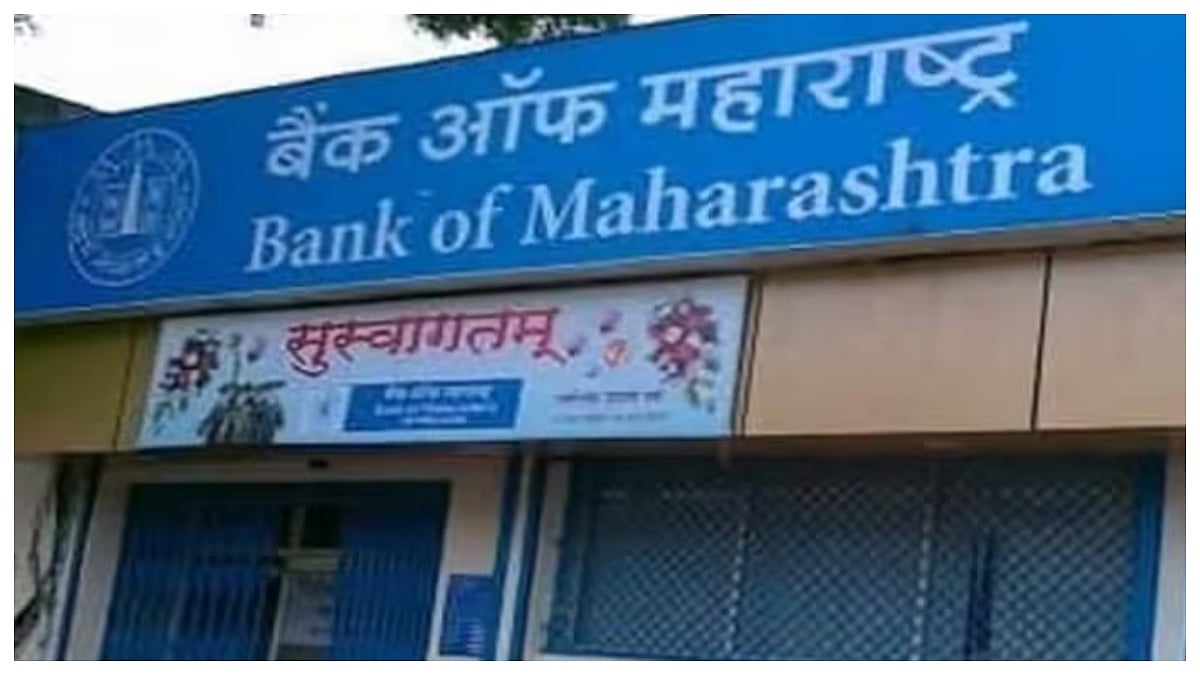Highway building activity in India has expanded at a rapid pace ever since Nitin Gadkari has taken charge as the Minister for Road Transport. The pace of road construction was abysmally slow at 2 km/day before he took over. In March 2021, it touched a record 33 km a day. The minister is hopeful for the number to reach 40 km a day by March 31. At such staggering speed, NHAI constructed 11,035 kilometers of national highways in FY21 (Upto March 1st of this year).
Achievement comes with a price:
The pace of highway construction is fabulous considering the record of previous governments. However, it has come at a price. The debt level at NHAI has been consistently rising in the past few years.
As per the Parliamentary Standing Committee's (PSC) report, NHAI's debt servicing liability stands at Rs 97,115 crore over the next three financial years- Rs 38,997 crore for FY22, Rs 28,800 crore for FY23, and Rs 29,318 crore for FY24.
How to get out of this mess?
To sort out its debt woes, NHAI has been recommended to complete its delayed road projects on priority and prevent cost escalation. The committee suggested exploring options of debt restructuring and monetization of its highway assets.
Acting on the recommendations of the committee, NHAI is preparing to monetize national highways. It is expected to raise Rs 1 lakh crore over the next five years.
Under the existing laws, NHAI is authorized to monetize public-funded national highway projects that are operational and collecting toll for at least one year.

Finding investors a challenge:
Under this program, NHAI is in the process of preparing an asset monetization pipeline. At CII's recently concluded event, the minister made a strong pitch for it, inviting industry players to come forward to invest in it.
However, finding investors is going to be a huge challenge considering the stressed balance sheets of road construction companies. Banks also continue to remain unwilling to finance them. And, private investors are left with little or no interest in this segment considering the hardships they have experienced in the past.
Why must NHAI reduce the debt?
Although road construction activities are happening at an express speed, NHAI still has a long way to go. Under the Bharatmala project, contracts for a length of 13,521 km highways have been awarded. And, projects for building 16,500 km are due to be awarded at a later stage.
NHAI must reduce its debt burden to make sure that existing projects do not get stalled due to financial constraints. It also needs to keep the flow of new projects intact.
NHAI bonds continue to enjoy AAA rating, and it has faced no problems meeting its debt obligations thus far. However, it is important to reduce debt obligation to ensure timely payments and a steady flow of funds even in the future.



